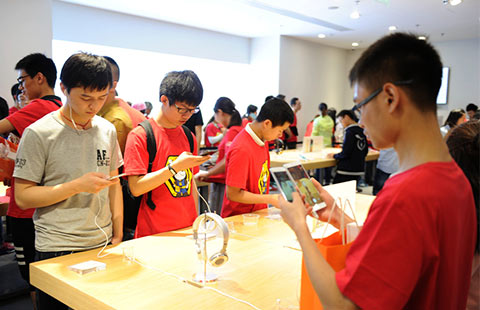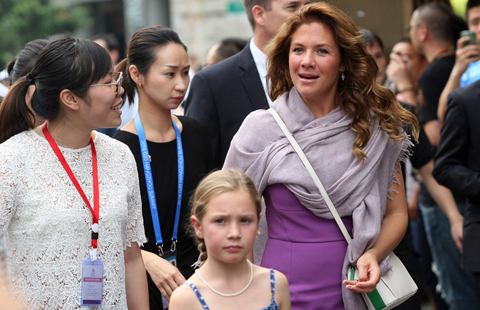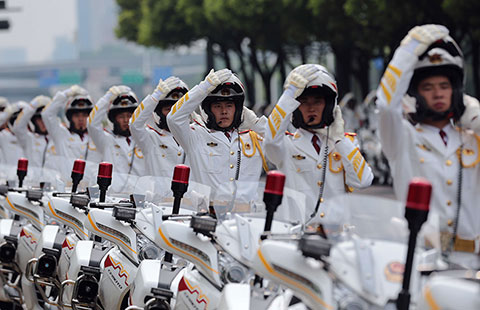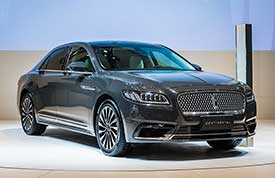Living better or living green?
(Xinhua) Updated: 2013-01-16 09:00BEIJING - China is banking on a cold snap to blow away lingering dense smog that has shrouded many cities since the weekend. But the seasonal hazard will probably always be an uninvited guest without the public's conscientious participation in the country's green storm.
The government can easily be at fault for slack supervision over industrial pollution, but people have to look at their own contributions to the aggregation of PM2.5, a sensitive science jargon that touched Chinese nerves after they came to know the particle's threat to their health more than a year ago.
The haze has prompted Chinese people to think over a question: What do we want, breathtaking growth or taking a breath amid choking air?
Years of extensive economic growth, driven by the desire of a once impoverished people to become better off, has led to surging levels of carbon dioxide emissions and random discharge of hazardous chemicals by industrial manufacturers.
Voices that call for environmental improvements are loud, but the government is caught in the dilemma between sustaining its people's twin dreams of "living better" and "living green."
Shutting down factories risks an increase in unemployment. Levying higher taxes on automobiles and limiting the number of vehicle plates would discourage consumption, a major engine for economic growth.
On the one hand, better-off Chinese people aspire for more comfortable lifestyles with bigger houses, automobiles, and air-conditioning, but on the other, these modern possessions put tighter strains on the environment.
An interesting example is the recent online debate about whether to offer residents in the country's southern regions central heating services.
The agenda seemed an imminent challenge for policy makers considering the unusual cold in the south this winter, and southerners have the right to call for the benefit of heating.
Special Coverage
Related Readings
Brown skies obscure 'beautiful China' ambitions
Beijing moves to curb prolonged haze pollution
Healthy debate over Beijing's air quality
Beijing air pollution reaches dangerous levels
Beijing sets emission reduction targets for 2013
Pollution may make economy stumble
Air pollution top priority
- Latvia's Food Union eyes increasing sale of milk to China
- China plays exemplary role in helping Africa: Zambian expert
- G20 Summit charts course for world growth: State Councilor
- South African expert calls for implementation of G20 Summit outcomes
- Alibaba gives seminar to help Aussies leverage China's e-commerce
- China's green finance presents massive chances for global investors
- Singapore, China's Shandong province ink 11 agreements to enhance collaboration
- Traditional Chinese medicine goes global


















